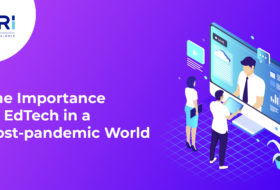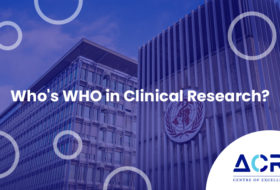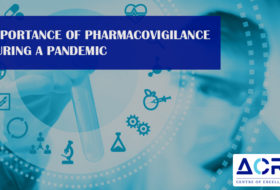On 19th March 2019, the Union Ministry for Health and Family Welfare declared the new Drugs And Clinical Trials Rules 2019, which aim to promote clinical research in India through transparent and faster approval processes. These new rules are applicable to all new drugs intended for clinical trials, bioequivalence study, and human use. The rules bring about more clarity in terms of clinical trials of new drugs in and outside India, post-trial access of new drugs, drugs importing, compensation, monitoring, and orphan drugs. Let us take a look at each segment in detail.
Clinical trials of new drugs in and outside India
Any drugs discovered in India will be deemed approval for clinical trials within 30 working days by the Central Licensing Authority. If no communication has been received from this governing body to the applicant, it should be considered that the permission to conduct trials has been granted. In addition, for the drugs developed out of India, which have already been approved and marketed in another country, the limit for approval is set to 90 days.
Post-trial access of new drugs
For the patients who require access to drugs for the first time, the sponsor is supposed to provide the investigational drug to the trial subject for free; if the clinical trial is being conducted for a condition that has no other alternative therapy, and for which the new drug has been found to be beneficial to the trial subject.
Drug importing
If certain new drugs are permitted to be imported for sale and distribution in India, local clinical trials for these drugs are spared, so that early access can be provided to patients for drugs that have already been approved in other countries. However, the condition here should be that there is no major unexpected serious adverse events reported for the drug, and that the applicant agrees to conduct Phase IV clinical trial to establish safety and effectiveness of the new drug.
Compensation and monitoring
Every clinical trial subject must be monitored well, and in case of any injury to the subject during the trial, medical management should be provided as long as required, as per the opinion of the investigator. However, if it is established that the injury is not related to the clinical trial, the medical management may be ceased. In addition, in cases of death or permanent disability, compensation to the trial subject will be decided by the Drug Controller General of India.
Orphan drugs
Orphan drugs are those that are intended to treat the rarest of conditions, like those which affect not more than 5 lakh people in India. No fee will be charged in respect of application for conduct of clinical trials for orphan drugs. Furthermore, local clinical trials for orphan drugs permitted to be imported for sale or distribution in India have been exempted.
With all these new clinical trial rules, the ethical and quality standards of clinical trials in India will be improved, which will further benefit patients. Early access to drugs will be made possible to patients with these new rules that reduce the approval period, and eliminate local trials, wherever possible and not necessary. This changing scenario is set to boost the Indian clinical trial industry in the future for sure. If you are willing to set up a career in this booming industry, you must have yourself enrolled for top clinical research training in Bangalore from a reputed institute like Avigna Clinical Research Institute. The institute is a well-recognized one, which is known as the market leader in innovation for its curriculum, and who has the best placement record in the industry till date!










